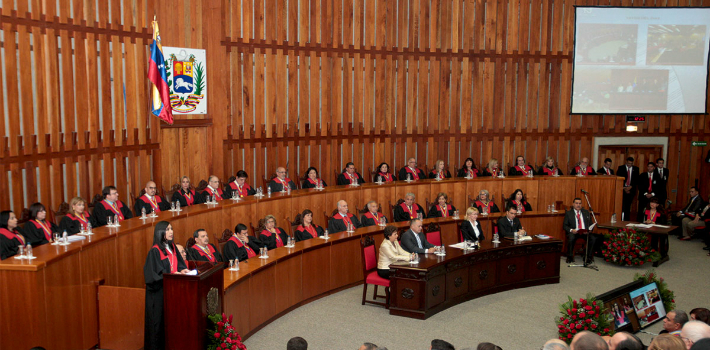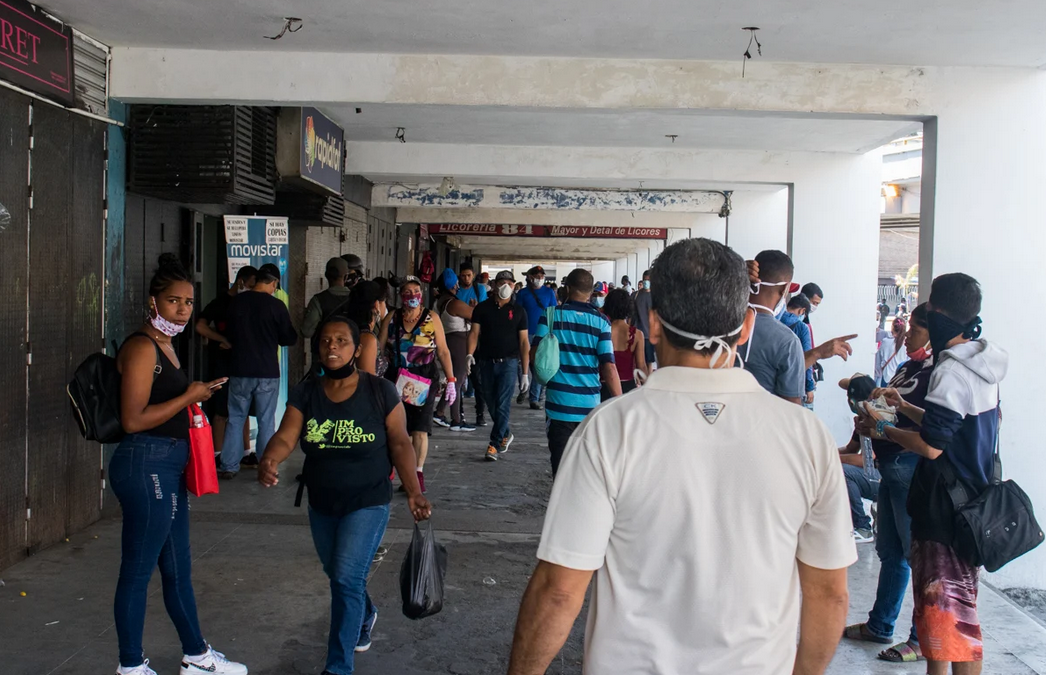Mulier is a civil society organization created in 2016 to promote and defend women’s rights through programs such as #LibresYSeguras (Free and Safe), a campaign to prevent trafficking in women and girls in migration contexts, ensuring free psychological care for women in situations of gender-based violence, and carrying out different training activities for the promotion and defense of women’s rights. You can find out more about their work at @muliervenezuela on social media
2020 was a particular year due to the emergence of Covid-19. The lockdown measures combined with factors such as the reduction of government resources and a lack of media attention weakened the fight against human trafficking. In the light of this reality, it is increasingly necessary to visibilize and prevent the crime of human trafficking and its consequences on Venezuelan women and girls. For this reason, Venezuelan NGO Mulier presented for a second year a report entitled “Free and Safe” to mark the World Day Against Trafficking in Persons 2021 and share an overview of the organization’s activities, the data obtained in their media monitoring, the actions of the Venezuelan State in the face of this crime, and the recommendations of activists to continue the fight against human trafficking in Venezuela.
Monitoring of Human Trafficking in 2020
In 2020, the organizations registered 67 cases with 517 Venezuelan women rescued from trafficking networks. The trend showed that the victims were mostly rescued in countries of Latin America and the Caribbean region except for Spain, where important linguistic and colonial ties with Venezuela exist despite the distance, in addition to being a traditional country of destination for victims of trafficking.
The data gathered from the latest information available shows that the registered figures of Venezuelan women rescued from situations of trafficking in persons decreased in comparison to data for 2019. However, this is a simplification of the problem because a lower number of detected cases should not necessarily be understood as a decrease in the commission of the crime. Factors such as the lack of a budget for the prevention, detection, and attention of human trafficking by the authorities must be taken into account, as well as the decrease in media visibility and new forms of exploitation with an emphasis on cyberspace.
We can also see that the number of Venezuelan nationals detained for the commission of this crime increased to 228 in 2020, with an increase in cases in the country: 15 cases in 2020, up from 6 registered in 2019. This may suggest that despite the decline in the number of people rescued, trafficking in Venezuelan women continues to increase.
Trafficking in girls and teenagers
The figure of Venezuelan girls and teenagers rescued from trafficking networks showed an increase in 2020, with 124 registered cases, up 27.4% from the 90 victims registered by the organization’s monitoring in 2019. According to the Global Report on Trafficking in Persons published in February 2021, the number of boys and girls victims of trafficking has tripled in the last 15 years (UNODC). Several factors make Venezuelan girls and teenagers especially vulnerable inside the country and in migration contexts, such as school dropout, family separation, and the violation of their right to identity due to difficulties in obtaining identification cards and the high cost of passports.
It is worth noting that this crime does not necessarily affect all women, girls, and teenagers in the same way. The intersections of race, ethnicity, socioeconomic status, education, and even having identity documents or not, can make one person much more vulnerable than the others.
Under registration of cases
The organization’s monitoring for 2020 recorded 517 victims rescued from human trafficking networks, but this may just be the tip of the iceberg. Other research gives accounts of thousands of Venezuelan women affected by this crime, which suggests serious underreporting. For example, the report of the sub-commission on women and gender equality of the National Assembly, published in June 2020, estimates that 250 Venezuelan women are victims of human trafficking in Spain; Another report by the human rights center at the Andrés Bello Catholic University on the forms of modern slavery in the state of Bolívar, published in May 2020, estimated some 3,500 victims of trafficking, while the report prepared by Dr. C. Justine Pierre for the Caribbean Community (CARICOM) estimated that some 4,000 Venezuelan women had been trafficked in Trinidad and Tobago.
Underreporting of cases of trafficking in persons is so common that the United Nations Office on Drugs and Crime (UNODC) estimates that for every identified victim, 20 more remain in the dark. For this reason, it is essential to have official figures from the Venezuelan state to see the problem in its correct dimension.
Figures for the first half of 2021
Mulier presented its report during a seminar held on July 29 and 30 to mark the World Day against Trafficking in Persons that bore the name “Trafficking beyond our borders”. The document presented by the organization includes data obtained from the monitoring of media during 2020 and provides a first glance into the figures of Venezuelan women and girls rescued from trafficking networks for 2021. Verónica Mesa, a political scientist and research coordinator at Mulier stated that “the organization recorded 147 Venezuelan victims rescued from trafficking networks during the first half of 2021, including 53 girls and adolescents, which shows the urgency of addressing the situation and preventing this crime to guarantee Venezuelan women and girls their right to a life free of violence.”.
In the light of this, Mulier reaffirms its commitment to preventing trafficking by offering educational activities such as the seminar “Trafficking beyond our borders”, organized in alliance with the Venezuelan Civil Association Éxodo; a campaign with the hashtag #LaMejorRuta (The Best Way) to raise awareness on the rights of women in a situation of human mobility; prevention workshops; chat fora, and activities to provide information on this topic to the most vulnerable populations. The organization also invites all civil society to get involved in this fight and follow @muliervenezuela on social media to have access to information and resources that help Venezuelan women stay free and safe.
Translated by José Rafael Medina




